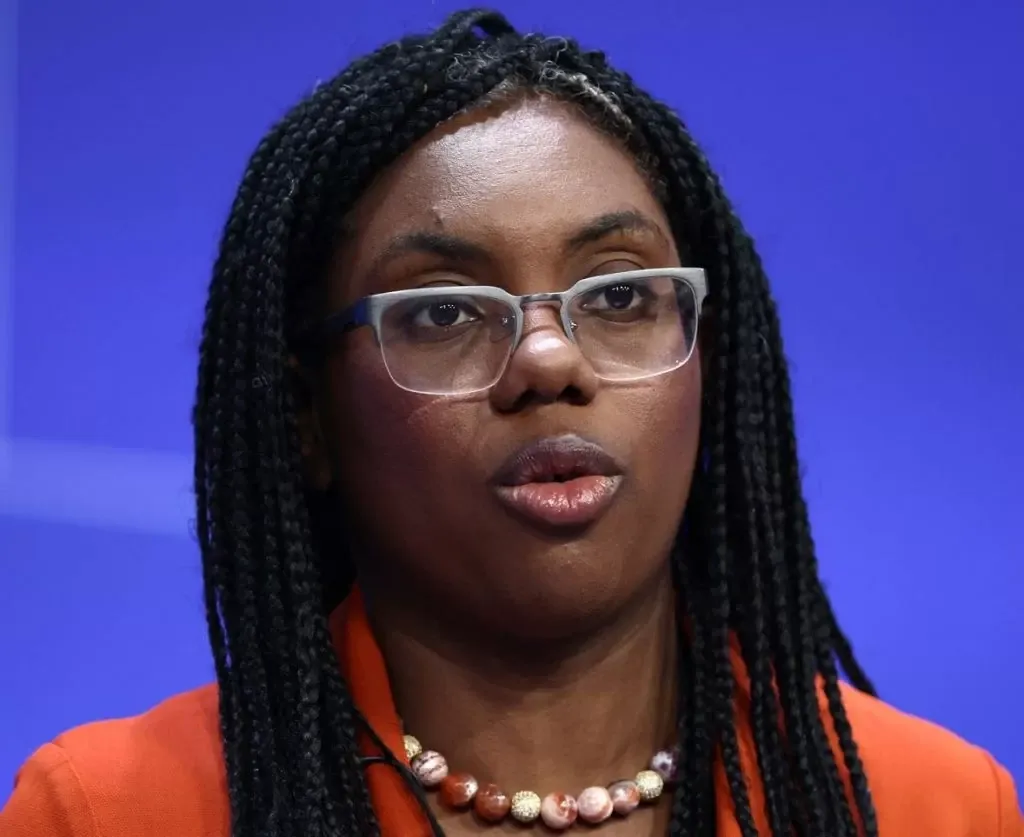WOMEN-OWNED and women-led small and medium enterprises (SMEs) are set to benefit from a proposed India-UK free trade agreement (FTA) as part of a “Trade and Gender Equality” chapter which has been provisionally closed at the end of 10 rounds of negotiations, business and trade secretary Kemi Badenoch said.
In response to the House of Commons Business and Trade Committee, which scrutinises her department’s work, the cabinet minister also revealed last week that short-term ease of business mobility and mutual recognition of professional qualifications were part of the FTA discussions.
India and the UK have been negotiating an FTA since January last year to significantly enhance the bilateral trading relationship, worth an estimated £36 billion in 2022, with an 11th round of negotiations scheduled for this month.
“We have also provisionally closed a Trade and Gender Equality chapter in which we have agreed to undertake cooperation activity,” said Badenoch, after a Commons report earlier this year raised queries around details of the ongoing negotiations. “This activity may enhance the competitiveness of women-owned and women-led SMEs, to better enable them to participate in international trade. I hope that this will encourage businesses of every size and from every region of India and the UK to take advantage of this deal,” she added.
Badenoch revealed that both sides have provisionally agreed on a chapter which aims to ensure that SMEs can understand and navigate the other country’s systems and help them to take advantage of the FTA.
On visas and immigration, she said any FTA with India will not contain commitments on immigration or provide access to the UK domestic labour market.
“There will also be no agreement to anything which undermines the principles or functioning of the UK’s points-based immigration system, or which undermines the UK’s ability to control its own border.
“In negotiations we are discussing business mobility, which would make it easier for highly skilled professionals to deliver services in each other’s markets on a short-term and temporary basis,” the trade and business secretary said.

On some of the key UK export sectors, such as automotive and Scotch, Badenoch said the UK’s objective is to develop rules of origin which support preferential tariff access. “UK exporters currently face an average tariff of around 16 per cent when sending their products to India. Our stakeholders are clear a trade deal with strong market access provisions must be underpinned by rules of origin which support potential benefits for UK businesses,” she said. Meanwhile, in response to an opposition question raised in the Commons last Thursday (29) about the timeframe for the conclusion of the FTA, Badenoch reiterated the Rishi Sunakled government’s approach of not setting a deadline.
“Had ministers completed the free trade agreement with India by Diwali last year, as was promised, the 150 per cent tariff that producers of Scotch face when exporting to India could have been eliminated. Given the 10th round of talks has recently ended, with an 11th planned soon, can the secretary of state tell us if the free trade agreement will be completed by Diwali this year,” questioned Labour’s shadow business and trade secretary Nick Thomas-Symonds.
Badenoch replied, “I have said repeatedly it is about the deal and not the day. Every single trade agreement we negotiate is bespoke to the specific country and tailored to its economy, to ensure it benefits both the UK and the counterpart country.
“I am happy to say the Scotch Whisky Association is very pleased with what it has been hearing about negotiations from its Indian counterparts, and we are working hard to make sure the industry is successful ,” she added.
